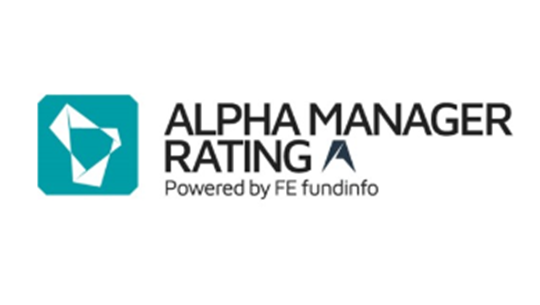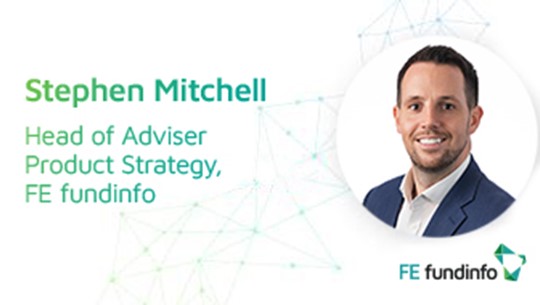In today's complex financial landscape, consumers rely heavily on financial advisers to navigate the intricate web of investment options, retirement planning, and wealth management.
The responsibility of these advisers extends beyond mere recommendations; it encompasses a deeper commitment to consumer welfare, encapsulated in the second pillar of Consumer Duty: price and value.
Price vs. value
Consumer Duty goes beyond the simplistic approach of choosing the cheapest product or service. While cost-conscious decisions are important, an effective assessment of price and value requires a more nuanced perspective. Consumer duty is rooted in the idea that the price paid should align with the actual or potential benefits the client receives. This means considering not just the upfront cost but also the long-term impact, quality, and overall value of the product or service.
Picking the cheapest option may initially save money, but it can result in hidden costs, reduced quality, or subpar performance, ultimately diminishing the value received.
Advisers, too, must refrain from undercutting their peers solely to offer the lowest price. Instead, they should aim to provide services that truly benefit the client, even if it means a higher upfront cost. This ensures that the client's needs are met effectively, potentially saving them money in the long run and enhancing their overall satisfaction.
Fair and appropriate products and services
At the heart of consumer protection is the provision of fair and appropriate financial products and services. Advisers play a pivotal role in ensuring that the products they recommend align with the unique circumstances and goals of their clients.
This implies a thorough assessment of suitability based on individual financial situations, risk tolerance, and long-term objectives. It is not a one-size-fits-all approach but rather a tailored, personalised strategy.
Conducting diligent investment research
To uphold the second pillar of Consumer Duty, advisers must embrace rigorous investment research. Their recommendations should be underpinned by a solid foundation of analysis and evidence. It's no longer sufficient to rely solely on intuition or historical performance.
In today's data-rich environment, advisers need to employ cutting-edge tools and methodologies to assess the potential risks and rewards of various investment avenues.
Ongoing monitoring and evolving needs
Consumer needs are not static; they evolve over time. Advisers must commit to ongoing monitoring of their clients' financial portfolios to ensure that advice remains suitable and aligned with changing circumstances. This may involve revisiting investment strategies, adjusting risk levels, or even exploring new financial opportunities. Clear and consistent communication with clients is indispensable in this regard, ensuring that any changes are well understood and accepted.
Transparency in fee structures
One of the core tenets of the second pillar of Consumer Duty is transparency in fee structures. Clients should have a clear understanding of how much they are paying for financial advice and related services.
Advisers must communicate their fee structure openly, leaving no room for ambiguity or surprise charges. Hidden fees erode trust and can have a detrimental impact on a client's financial well-being.
Avoidance of conflicts of interest
Advisers are often privy to a wide array of financial products and services, and sometimes, conflicts of interest may arise.
It is imperative that advisers recognise these conflicts and take steps to mitigate them. Full disclosure is key here, ensuring that clients are aware of any potential conflicts and that recommendations are made with the client's best interests as the top priority.
Software tools for transparency
In the digital age, technology can be a valuable ally in achieving transparency and fairness in financial advising. Software tools that calculate reduction in yield and ex-ante costs and charges provide concrete evidence that advisers are delivering fair value advice. These tools help bridge the gap between complex financial jargon and client understanding, making it easier for consumers to grasp the implications of fees and charges.
Firm-specific fee structure integration
Advisers should not only communicate fee structures but also integrate them into cashflow projections. By demonstrating how charges impact a client's financial position, advisers can offer a clear and transparent view of the value they provide. This approach not only builds trust but also empowers clients to make informed decisions.
The second pillar of Consumer Duty, price and value, underscores the critical importance of fair, transparent, and value-driven financial advice. Advisers must go beyond recommendations and embrace a holistic approach that includes ongoing monitoring, conflict resolution, and the use of technology for transparency.
By adhering to these principles, advisers can ensure that they not only meet their regulatory obligations but also truly serve the best interests of their clients, fostering trust and long-term financial success.
---
Stephen Mitchell, Head of Adviser Product Strategy, FE fundinfo
This article first appeared in Professional Adviser on 10 October 2023






